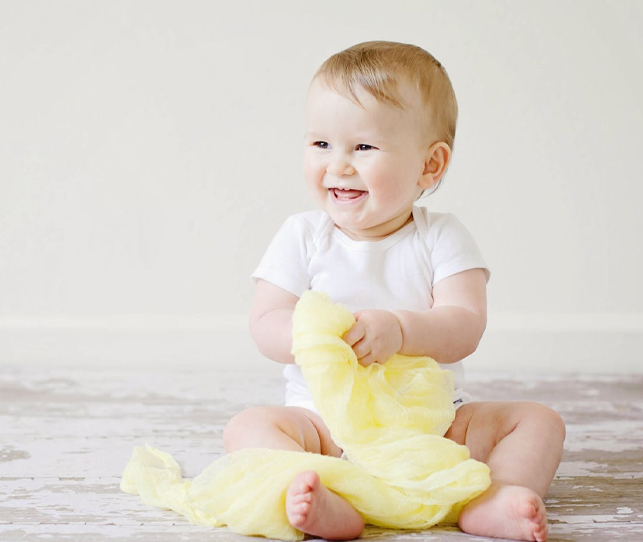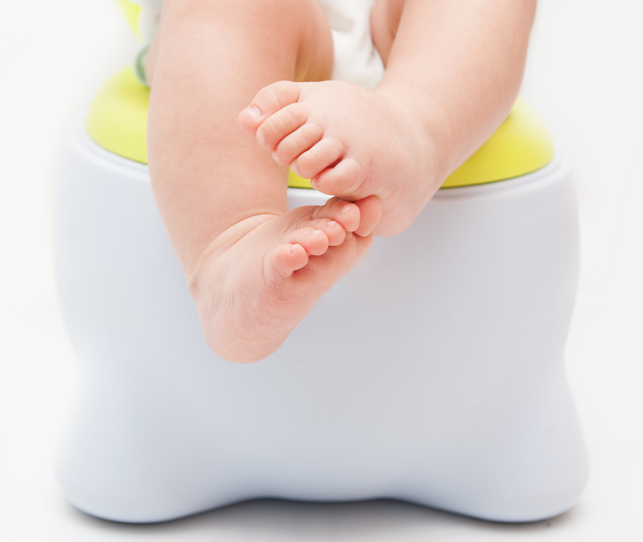Pediatric Physical Therapy Treatments

Newborn Assessments
A physical therapy screen be very helpful in the early weeks to assess for any tightness or misalignment that may have occurred due to positioning in the womb or trauma during delivery. This early visit also helps parents learn how to establish a good tummy time routine, use baby equipment appropriately, effectively soothe, and learn swaddling and carrying positions that are good for development.

Pediatric Development
Pediatric physical therapy can help babies develop good motor skills whether the baby has some true developmental delay or whether the baby is just a bit slow to reach some milestones. A PT evaluation can determine if there are any muscle or joint issues contributing to the delay, or whether there are other influences such as baby equipment influencing the baby’s motor skill development. A PT treatment session can often give the baby a boost in just one visit if no other issues are present. The emphasis is on teaching the parents how to facilitate the right postures, movements, and play activities to keep the gross motor skills coming along.

Torticollis
A neck tilt can develop in the first few months of life or may occur due to intrauterine positioning or birth trauma. It is crucial to start PT as soon as a persistent tendency to tilt the head to one side or rotate to one side is noticed, as results are much faster and complete when this is caught early. It can affect the muscles and fascia through the whole body and is not an isolated neck issue. Early physical therapy is shown in the research to completely resolve this issue for most babies.

Pediatric Orthopedic Concerns
Physical therapy can help many common pediatric issues including:
- Intoeing / outtoeing
- Toe walking
- Scoliosis, kyphosis
- Plagiocephaly (flat head syndrome)
- Excessive pronation (flat feet)
- Jaw clenching
- Back pain
- Postural concerns
- Aches and pains

Pediatric Continence
Our pelvic floor physical therapists can help with many of the common pediatric continence issues including:
- Bedwetting
- Daytime urinary incontinence
- Fecal incontinence
- Dysfunctional voiding
- Constipation

Other Pediatric Issues
We treat many pediatric issues including the following:
- Muscular and neurological disorders
- Genetic syndromes
- Respiratory dysfunction (diaphragm and ribcage disorders) including pectus excavatum
- Diastasis
- Splinting & orthotics
- Headaches
